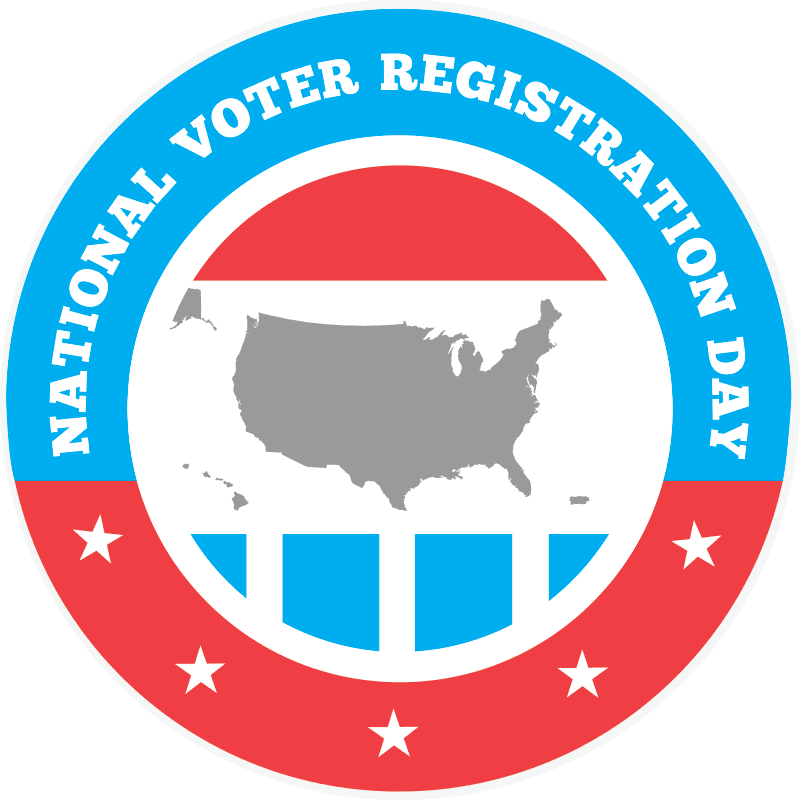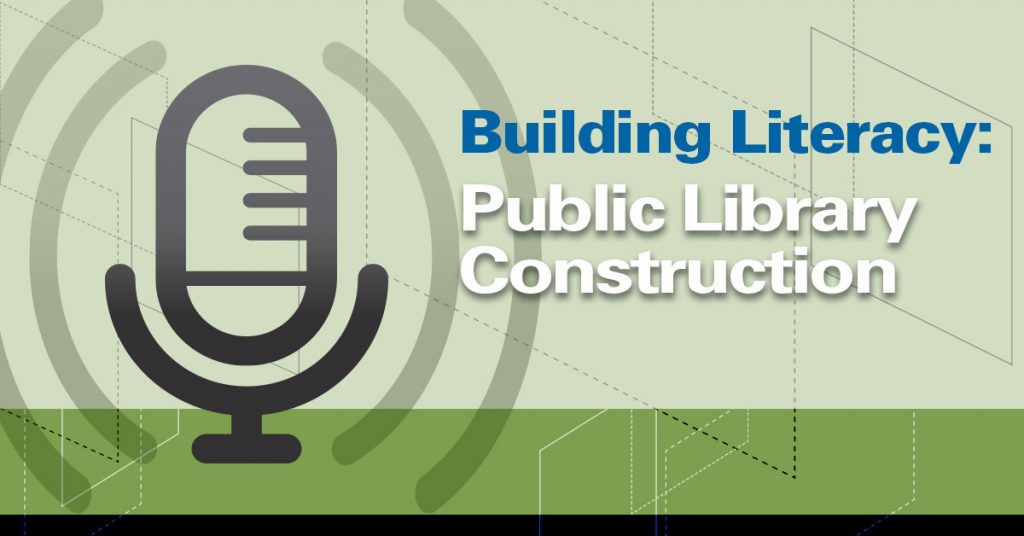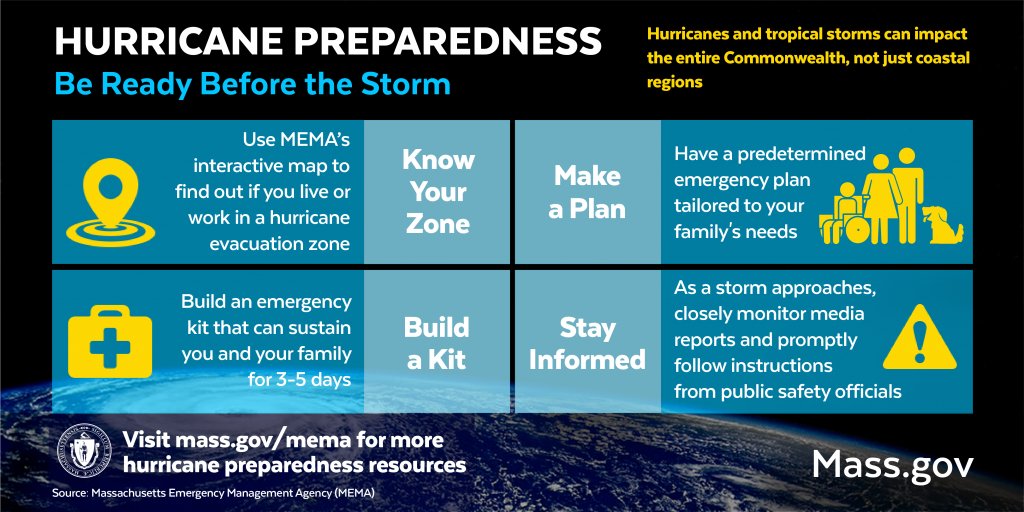
MBLC Service Update
July 8, 2020
As we work together to get through the current reality, the MBLC will provide regular updates on MBLC services and other statewide issues. Please let us know if there’s info you’d like us to cover—we’ll include it if we are able. Stay well.
Re-opening Phase 3
Contact: Rob Favini
Maura Deedy
Phase 3 Step 1 of the state’s reopening guidance began Monday July 6, 2020. What does this mean for libraries? On the “When Can My Business Reopen” page, under libraries, the addition of “Phase 3 open for browsing.” The safety standards for libraries were updated on July 6, 2020.
MBLC and MLS staff will be seeking additional clarification, specifically around contract tracing, and will review and update our COVID-19 guidance as library specific details of Phase 3 Step 1 are made available. In the meantime we recommend keeping the following in mind as you plan your next service expansion:
- Opening for browsing as part of Phase 3 step 1 beginning on July 6th is not a mandate or requirement, it is simply allowed if you can meet the established safety requirements.
- Any expansion of service should be done in coordination with local municipal leaders and health departments.
- Staff concerns are a top priority: Can staff safety be assured? Do you have enough staff to facilitate expanding building operations?
- Adequate hygiene protocols must be in place. Welcoming outside visitors exponentially increases cleaning and disinfecting demands.
- All necessary social distancing measures must be in place. Have directional/distancing markers and needed physical barriers been installed?
The Governor’s Phase 3 announcement signals a significant milestone as we cautiously move to resume services that are vital to our communities. The MBLC and MLS can’t emphasize enough that maintaining staff and visitor safety are key to meet this and all future milestones.
State Aid- Reopening survey
Contact: Liz Babbitt
In light of the Governor’s phased re-opening plan, please update the COVID19 reopening survey via the new LibWizard form This will be shared with the library community in a Google spreadsheet titled “COVID19: Re-opening Public Libraries Survey”.
MBLC Monthly Board Meetings
Contact: Rachel Masse
The regular monthly business meeting of the Massachusetts Board of Library Commissioners is scheduled for 10:00 A.M. on Thursday, July 9, 2020 by Zoom Teleconference Meeting. https://mblc.libcal.com/event/6201495
CARES Act Grants
Contact: Lyndsay Forbes
MBLC funds Library Summer Distance Learning
For 2020, a total of 126 received funding from the MBLC to offer the online program. Fifty-six received a Summer Software grant and when IMLS Coronavirus Aid, Relief, and Economic Security (CARES) Act funding became available, seventy-three more were added.
See which libraries received grants.
Performer’s Directory
Contact: Paul Kissman
Updates to the Performer’s Directory make it easy to find programs that can be delivered virtually. (https://mblc.state.ma.us/directories/performers). MBLC staff reached out to performers who added over 350 new programs.
Preservation and Disaster Recovery
Contact: Evan Knight
This Friday! Conversation on the Commons – Black Lives Matter protests and history organizations: Partner, collect, change? Description
Registration is full but you may livestream view
Hosted by Mass History Alliance the focus will be discussing and confronting racial justice issues among Massachusetts’ historical collections. For mainly historical societies, house museums, archives, etc. but libraries and library staff are welcome.
REGISTRATION OPEN – MBLC/MLS Virtual special collections symposium for smaller libraries
July 23, 9am-12pm
Local public memory collections provide important, unique, and sustainable opportunities to interpret a community’s contemporary experiences as they change over time. Yet there are many challenges in building, preserving, and sharing these collections, especially among smaller libraries. Renowned experts in the book trade, academic libraries, and library special collections will convene for a morning symposium of sharing and dialogue about these topics, tailored specifically for library workers, librarians, archivists, and collections volunteers with various levels of experience, and from collections of all sizes. Co-hosted by the Massachusetts Library System. Register
Construction-The Massachusetts Public Library Construction Program (MPLCP)
Contact: Lauren Stara
Andrea Bunker
The Senate passed bond bill S 2790 that contains funding for the Massachusetts Public Library Construction Program (MPLCP). Senator Eric Lesser’s amendment to increase library construction funding to $150 million from $115 million did not pass. The bond bill now goes to Conference Committee to reconcile any difference between Senate and House funding amounts. It will then be voted on separately in the House and Senate before going to the Governor for his signature
The $115 million for the MPLCP will cover the projects on the waitlist.
Promotion/Summer Library Program
Contact: Celeste Bruno
Matthew Perry
Rachel Masse
Baker and Blades Statewide Summer Challenge kicks off
In total, 66 libraries from across Massachusetts signed up to participate, each picking their own unique challenge for their community. Bridgewater Public Library’s goal is to get 325 people registered for summer reading, while Blackstone Public Library wants to read 300 books total. Other challenges include minutes read, hours read, and consecutive days of reading. Goals will be tracked from July 1 to August 14. Participating libraries are listed here.
State Aid To Public Libraries
Contact: Liz. Babbit
Uechi Ng
Mary Rose Quinn
ARIS is open
The Annual Report Information Survey (ARIS) is open. Login information has been sent to all public library directors. Due to COVID19 related library closures, the form is not due until October 2nd, 2020. No printed forms will be accepted this year. Please see instructions for submitting the signature page on the Instructions and Tips document on the ARIS home page



